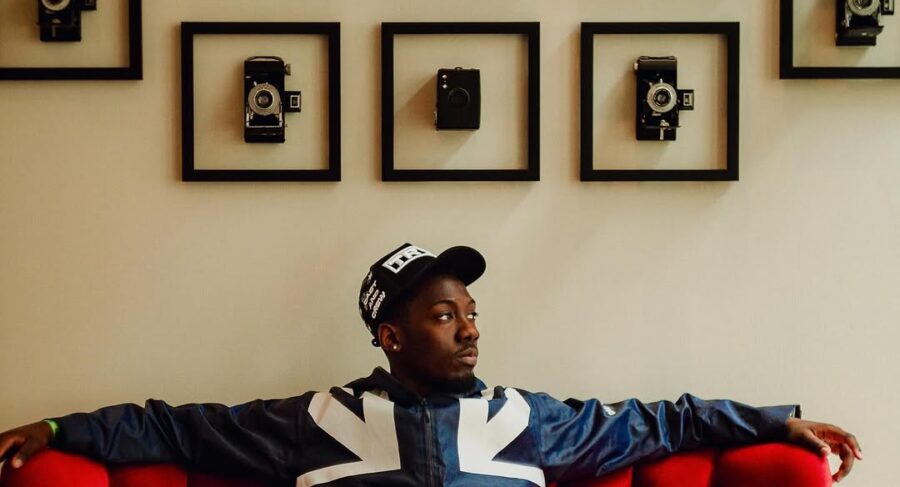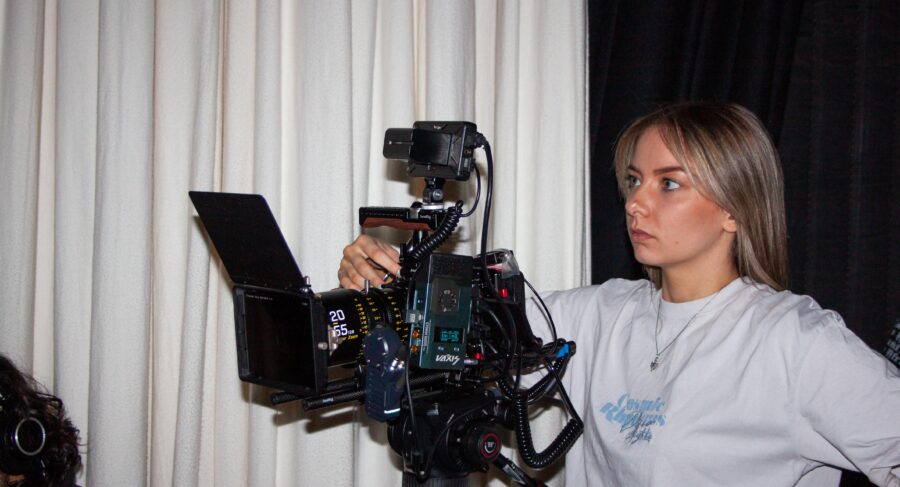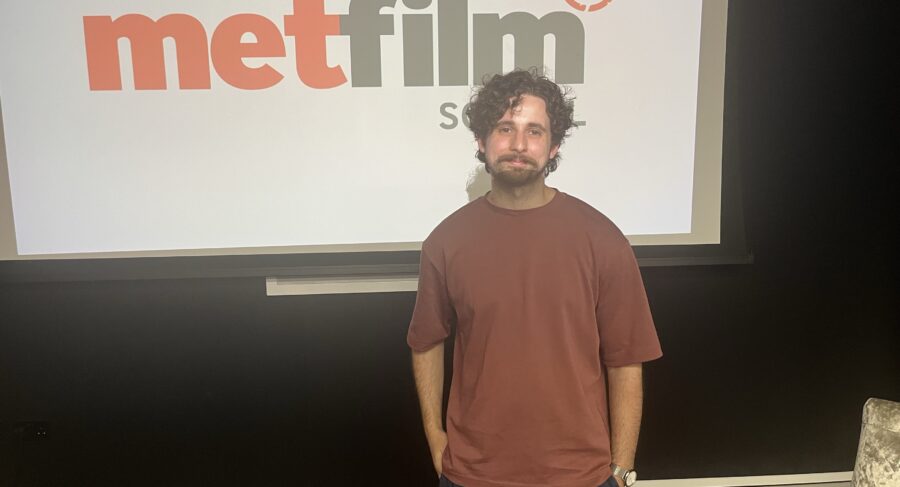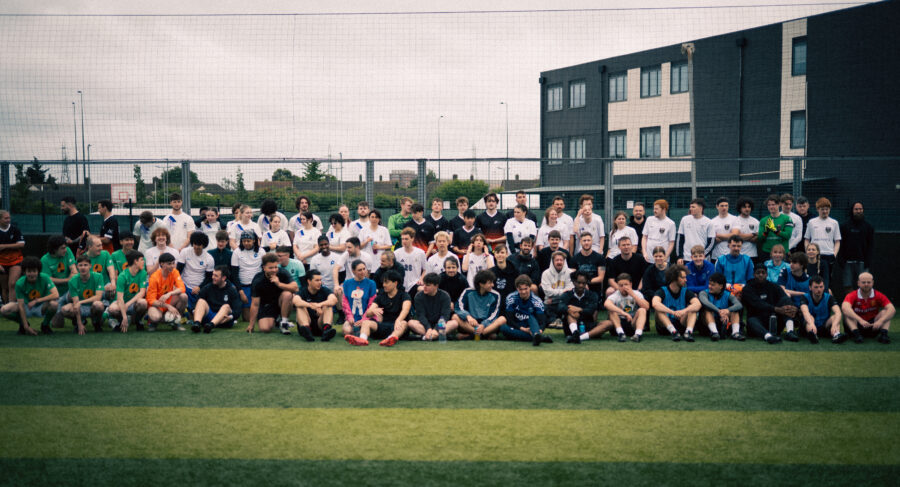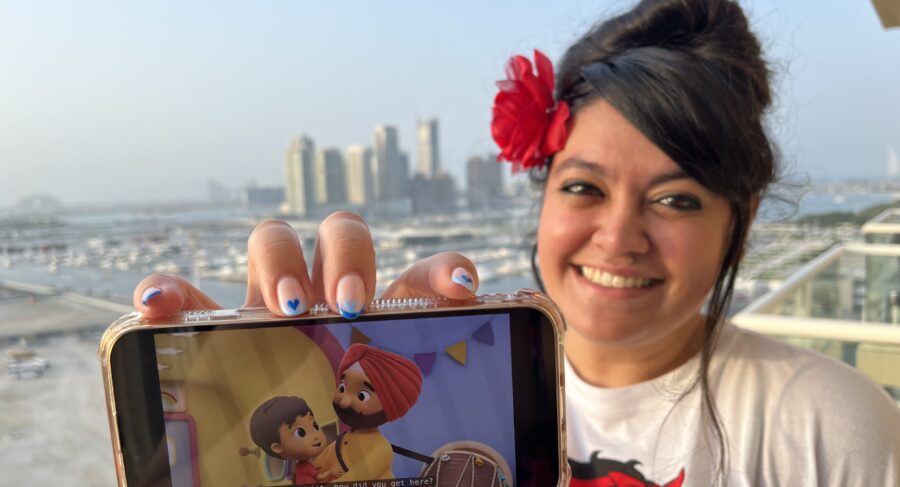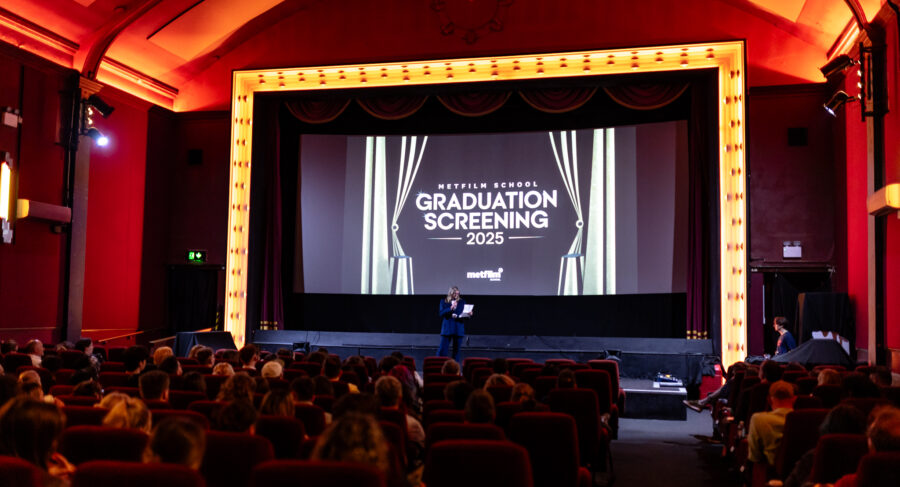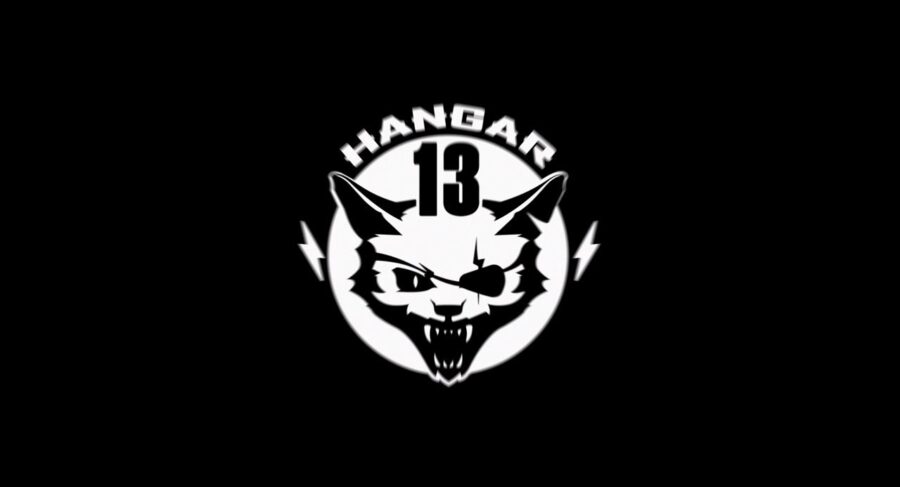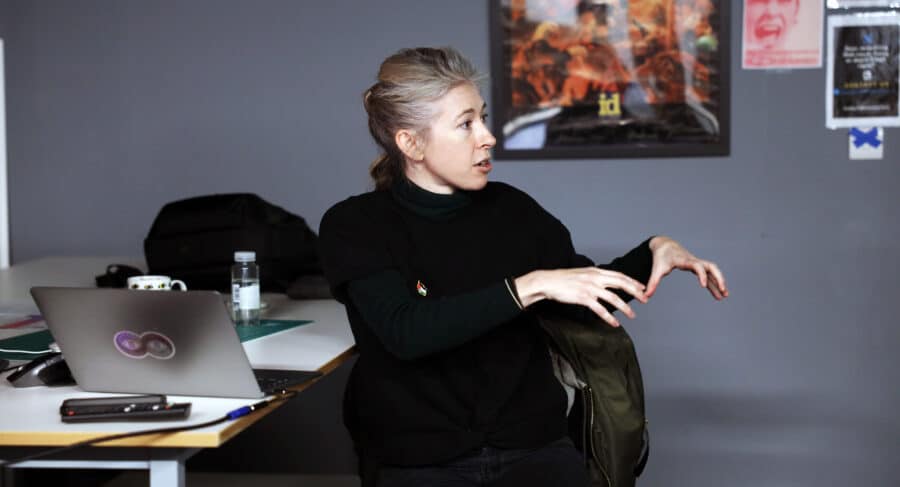Mastering soft skills for success in the games industry
By MetStudios
09 May 2025
What separates a good game developer from a great one? According to Sandy Lockie, Design Director at Quell and a veteran of the games industry with 20 years’ experience, the answer isn’t just technical skill: it’s soft skills.
In a recent masterclass at MetStudios, Sandy broke down the often overlooked, but absolutely essential, set of abilities that help creatives thrive in a studio environment. These aren’t skills you’ll find in a software manual, but they’re the ones that keep teams running smoothly, projects on track, and ideas moving from concept to launch.
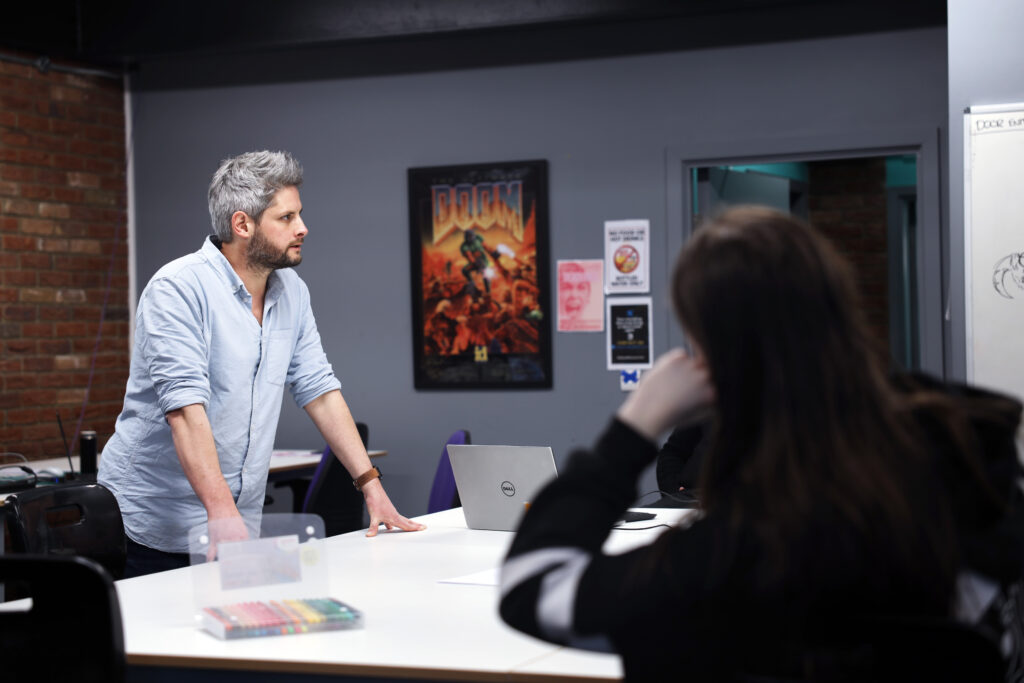
What are soft skills?
Soft skills refer to the non-technical qualities that shape how you work, collaborate, and communicate. In Sandy’s view, they’re often the biggest differentiator in a game development career. While everyone in a studio might be full of great ideas, it’s the people who can effectively share, refine, and implement those ideas who stand out.
He focused on three key areas:
- Strategic decision-making
- Effective communication
- Team-based improvement (structured feedback)
Let’s take a closer look at each.
Strategic decision-making: the power of ‘The Kernel’
Sandy introduced a framework called The Kernel (from Good Strategy/Bad Strategy), a tool to help guide decision-making in a clear, structured way. It breaks things down into:
- Diagnosis – What’s really going on?
- Guiding policy – What’s the best general approach?
- Coherent actions – What specific steps will we take?
This method isn’t just for execs – it’s for anyone on a team who wants to solve problems proactively and with purpose. Whether you’re working on a student project or a commercial release, thinking strategically makes your work sharper and your team more effective.
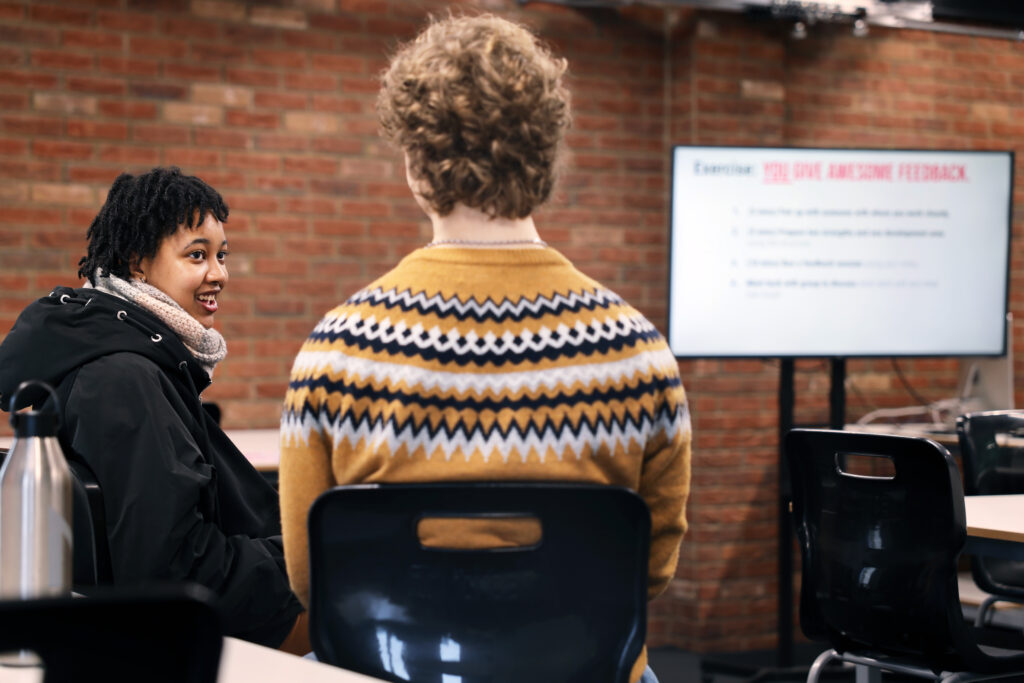
Effective communication: top-down messaging
Next, Sandy talked about top-down communication – a simple but powerful approach to making your messages clear, structured, and actionable. The idea? Start with the answer, then back it up with relevant details.
Instead of rambling through context and background, top-down messaging helps you deliver your point quickly, respect your teammates’ time, and get the outcomes you want. It’s a skill that becomes more important the bigger and more complex your projects get.
Team-based improvement: giving and receiving feedback
Finally, Sandy explored the art of structured feedback, a vital part of personal and team growth. Great feedback isn’t about criticism; it’s about clarity, honesty, and a shared commitment to improvement.
He encouraged using a clear structure:
- What the person did (specific and factual)
- How it made you feel
- What they could do in the future
Sandy’s team runs feedback weeks every six weeks, and he credits this with helping build trust, improve performance, and create a more connected workplace.
Why this matters for aspiring game devs
Whether you’re a designer, animator, coder, or producer, soft skills will shape your entire career. They help you work better in teams, navigate creative challenges, and ultimately bring your best ideas to life.
Sandy’s advice? Don’t wait until your first job to develop these skills. Start now! Ask for feedback, think about how you communicate, and start making decisions with intention.
At MetStudios, we’re committed to preparing our students for the realities of the industry, not just the technical demands. Sandy’s session was a masterclass in exactly that.
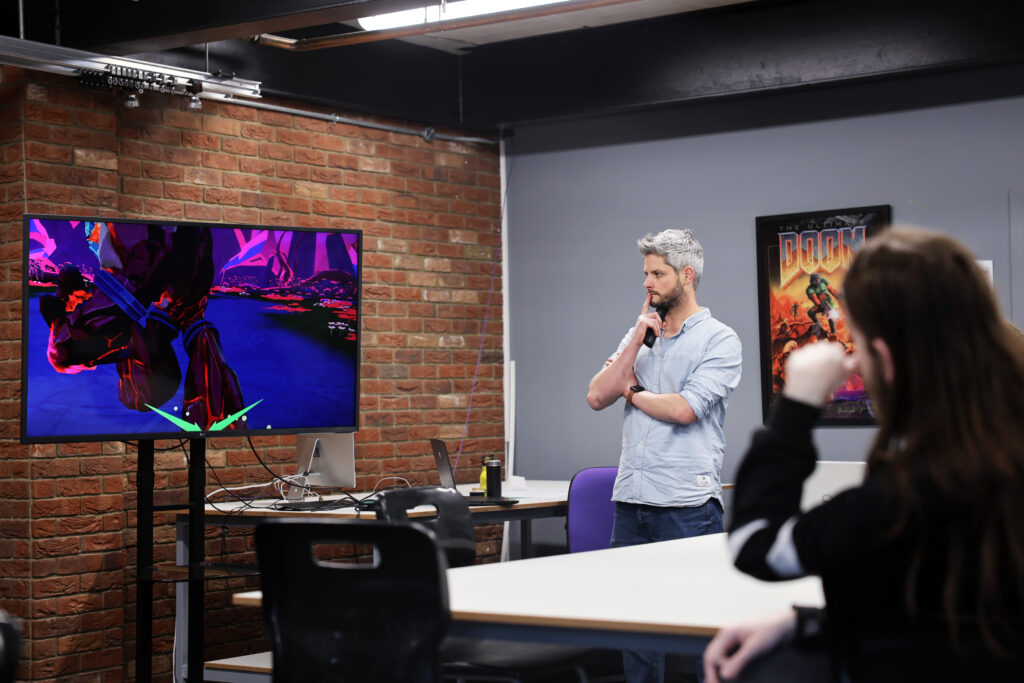
Want to explore your potential in game development, animation, or VFX?
Book an Open Day at one of our UK or Berlin campuses and see how MetStudios can help you turn your passion into a career.



